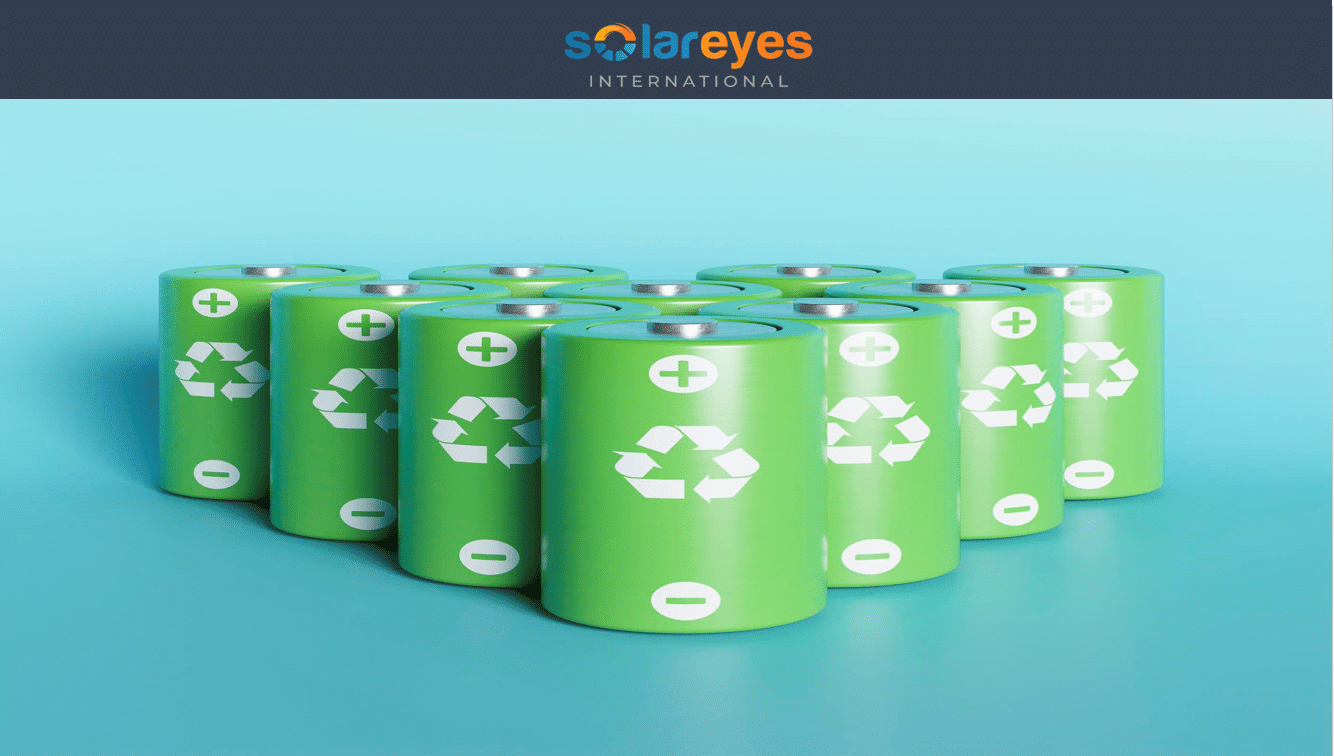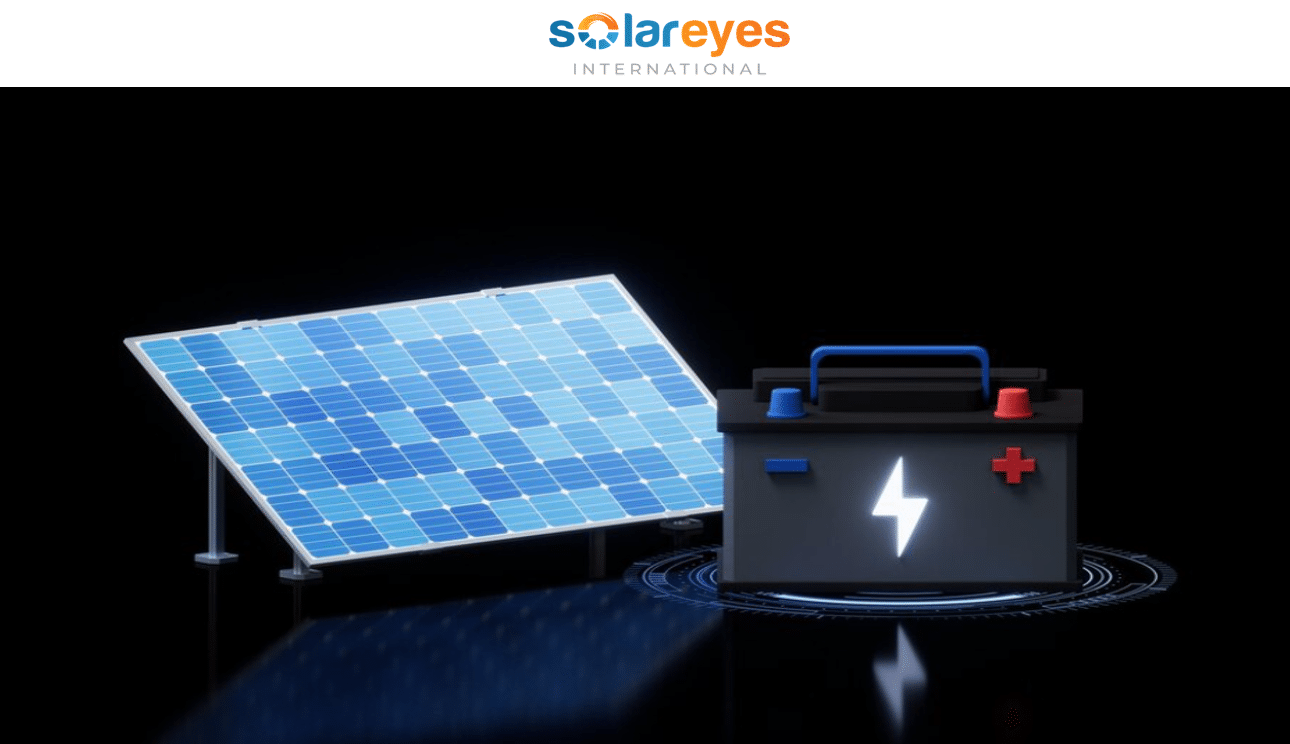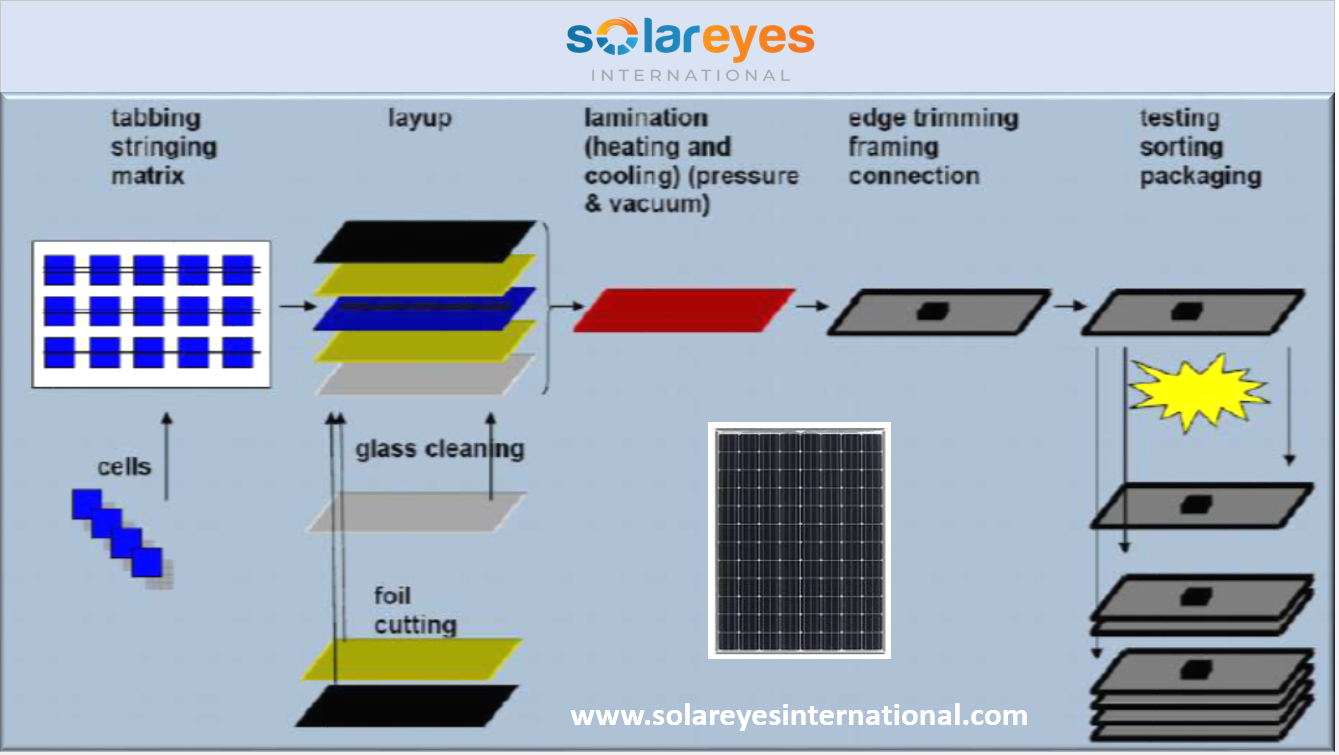How to Easily Perform Maintenance on Your Own Home Solar System – DIY maintenance tips

Home solar systems are a great way to harness the power of the sun and reduce your reliance on traditional sources of energy. They are an eco-friendly alternative to traditional energy sources, and also help in reducing electricity bills. However, just like any other system, home solar systems require regular maintenance to ensure optimal performance and longevity. Today we will outline some easy-to-follow DIY maintenance tips for your home solar system. Get ready!
But before we jump into Do It Yourself(DIY) Maintenance Tips, we would like to explore why maintenance is important for your solar system. Luck indeed, today we will get this from a solar expert with more than 15 years in solar installations and solar system monitoring – has probably seen it all on solar installations. Let’s hear from him.
Importance of Maintenance on a Home Solar System
In the simplest terms, maintenance means ensuring everything is in good working order. Solar systems are no different, and it is essential to maintain the panels, batteries, inverters, charge controllers and wiring to ensure a long-lasting, efficient system. Maintenance can be performed by the homeowner or by a professional solar installer.
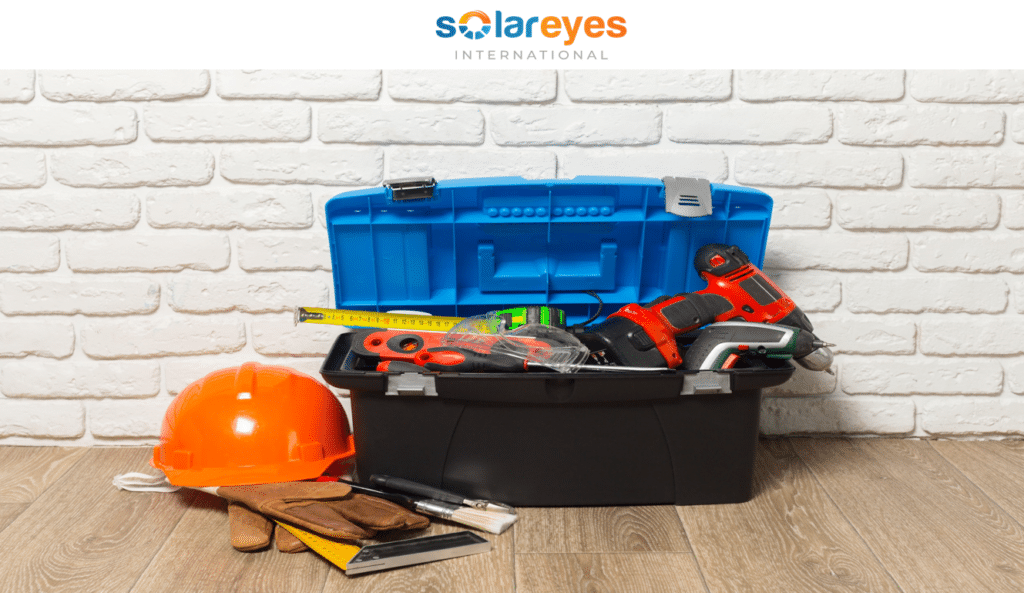
One of the most important reasons to maintain your solar system is to prevent and address problems. Solar systems can experience problems related to the wiring, batteries, and inverters. These problems can lead to a drop in energy production, which can result in higher electricity bills. Additionally, a poorly maintained solar system can be a safety hazard. Faulty wiring or damaged batteries can cause fires, or the system itself can become damaged during high winds or storms.
Solar panels are essential components of a solar system. They generate electricity by capturing sunlight. When solar panels accumulate dirt, dust, and other debris, they become less efficient. It’s essential to keep the panels clean to ensure maximum energy production. Regular cleaning will prevent the buildup of debris and ensure that the panels are working as efficiently and effectively as possible.
ALSO CHECK: Solar System Components and their Functions
Batteries are another critical component of a solar system. They store energy for times when there isn’t enough sunlight to power the home. When batteries are not properly maintained, they can lose their ability to hold a charge, which can result in a significant drop in energy output. To ensure that batteries work optimally, it’s important to perform regular maintenance, such as checking the charge, cleaning any corrosion, and replacing damaged or worn-out batteries.
Inverters are responsible for converting the DC power generated by the solar panels into AC power that can be used in the home. Inverters can fail due to age, overheating, or poor maintenance. If an inverter fails, the solar system will not generate any electricity. Regular maintenance, such as cleaning and inspection, can prevent inverter failure and ensure that they operate efficiently.
Regular maintenance can also help extend the lifespan of your solar system. A well-maintained system can last up to 25 years or more, whereas a poorly maintained system may need replacement after only a few years. By maintaining your system regularly, you can maximize your investment and ensure that your system is working efficiently for years to come.
Best Solar Cell Efficiency Chart – National Renewable Energy Laboratory(NREL)
Lastly, another essential reason to maintain your solar system is to ensure that it operates at maximum efficiency. A well-maintained system will produce more energy than a poorly maintained system. This means that you’ll save more money on your electricity bills and reduce your overall carbon footprint.
Do It Yourself(DIY) Maintenance Tips
Below are some easy DIY maintenance tips which you can do as part of maintenance to your own solar system
1. Clean solar panels regularly
The solar panels are the heart of your home solar system. They convert sunlight into electricity, which is then used to power your home. The panels should be cleaned regularly to ensure that they are working at peak efficiency.
Dirt and debris can accumulate on the panels and reduce their efficiency by blocking sunlight from reaching the cells. A soft-bristle brush and some soapy water are all that is needed to clean the panels. Be sure to wear gloves, safety glasses, and use a ladder with proper safety precautions.
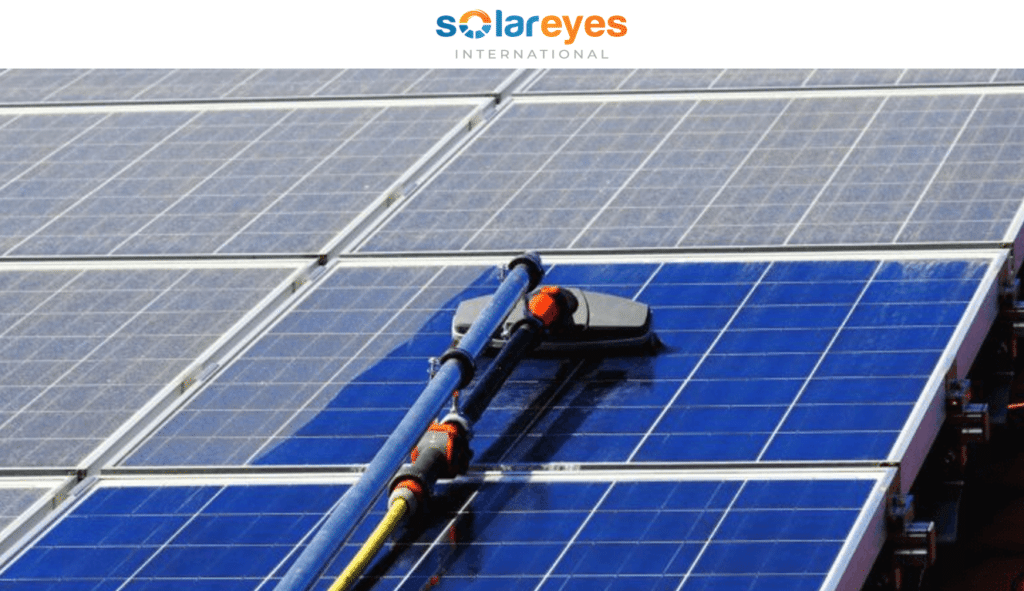
2. Trim trees and bushes
Some external factors such as shading can affect the performance of your solar system. But good enough many of these can be effectively controlled. Trees and bushes that grow around your home can cast shadows over your solar panels and reduce the amount of light that reaches them.
This can have a negative impact on the efficiency of your solar system. Regularly trimming trees and bushes near your solar panels will help to ensure that they receive maximum sunlight and operate at optimal efficiency.
3. Check for loose panels or wiring
Over time, solar panels and wiring can loosen due to weathering or other factors. Loose panels or wiring can result in a reduction in efficiency, and in some cases, may even pose a safety hazard. Regularly check for any loose panels or wiring, and tighten them as needed. If you are unsure about how to do this, contact a solar system technician for assistance.
20 INTERESTING FACTS ABOUT SOLAR ENERGY – you probably don’t know them
4. Monitor performance
Home solar systems are designed to provide reliable and consistent energy, but in some cases, there may be issues with the system that can reduce its efficiency. Monitoring the performance of your solar system can help to identify any potential problems early on.
Keep track of the output of your system and compare it to the expected output. If you notice a significant drop in performance, it may be time to have your solar system checked by a professional.
5. Battery Maintenance
If your home solar system includes a battery storage system, perform regular maintenance on the batteries. Check the battery voltage, and if the voltage is low, charge the batteries immediately. Be sure to keep the battery terminals clean and free of rust or corrosion. If you notice any bulges, cracks, or leaks in the batteries, it may be time to replace them.
6. Check the inverter
The inverter is a critical component of your solar system. It converts the DC power generated by the solar panels into AC power that can be used in your home. Regularly check the inverter for any warning lights or error codes. If you notice any issues, contact a solar system technician to troubleshoot the problem.
SOLAR NEWS: The Largest Floating Solar Farm in North America Comes Online
7. Check and remove foreign bodies on solar panels
Foreign things can accumulate especially on solar panels. Apart from dust some examples are snow and ice. Accumulation of these foreign bodies on panels especially snow and ice can cause under-cooling, which creates micro-cracks.
8. Contact a professional for major maintenance
While DIY maintenance is great for small tasks, major maintenance on your home solar system should be done by a professional. Contact a technician if you notice any major issues with your solar system, such as a sudden drop in performance or any unusual noises.
Conclusion
Regular maintenance is essential for the proper functioning of your home solar system. A well-maintained solar system is essential for its longevity, energy efficiency, and safety. A poorly maintained system can lead to problems and reduce the lifespan of your solar system. Regular maintenance, such as cleaning, inspection, and repair, can help you avoid costly repairs and ensure that your system is operating efficiently. By maintaining your solar system, you can save money, reduce your carbon footprint, and enjoy the many benefits of renewable energy.
By following these DIY maintenance tips, you can ensure that your solar system is working at peak efficiency and providing you with reliable and consistent energy. Be sure to contact a professional if you notice any major issues with your solar system.
FOLLOW US ON SOCIAL MEDIA
Follow us on LINKEDIN, FACEBOOK, TELEGRAM GROUP and WHATSAPP.
*** ALSO CHECK: HOW TO SIZE A SOLAR SYSTEM – 5 clear steps anyone can follow
HOW TO START A SOLAR COMPANY – do these 6 things and make money through solar
How to Identify Fake Solar Products
SOLAR PANEL LOSSES: All you Need to Know + Tips on how to avoid them
SOLAR PV MODULE MANUFACTURING PROCESS EXPLAINED – from solar cells to solar panel
10 Surprising Ways Solar Energy Can Save You Money Today!
Opportunities for Solar Energy Development in Europe
FREE TOOLS to use for Solar Panel Tilt Angle Calculation and Installation – for any location
How Solar Panels Can Increase Your Home Value
HOW TO IDENTIFY FAKE SOLAR PRODUCTS – 6 things to check
Some Examples of where People have Fallen Victim to Fake Solar Products
How to Choose Solar Panel Brands
Top 10 Solar Panel Companies Driving the Renewable Energy Revolution
Best Solar Cell Efficiency Chart – National Renewable Energy Laboratory(NREL)


